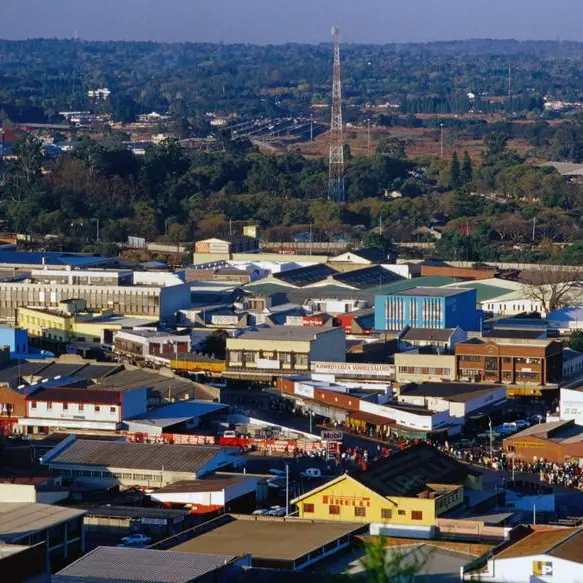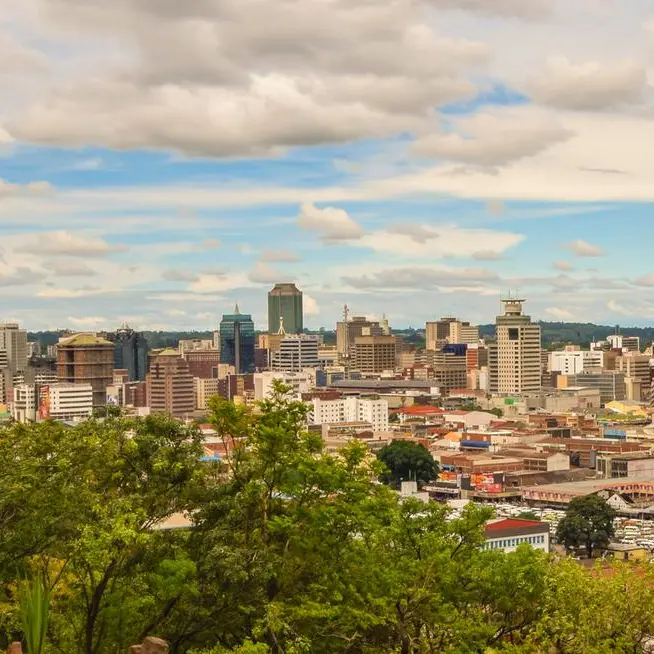PHOTO
Farmers and other major Agricultural stakeholders have expressed concerns over the decline in budgetary allocation and budgetary provision to women in agriculture in the state.
The stakeholders who include the Small-Scale Women Farmers Organization in Nigeria (SWOFON) with support from Justice Development and Peace Centre (JDPC) and Actionaid Nigeria, stated this in its communique at the end it the meeting in Akure, the state capital.
Speaking on the yearly analysis of the Ondo State Agriculture budget by the Budget Committee Group (BCG), the chairman, High Chief Pius Akomolafe, lamented that “the budgetary allocation to women in agriculture is declining, despite constituting 70 per cent out of the 90 per cent of small-scale farmers in Nigeria.
Related PostsTelecom sector survival depends on government support — ExpertsWorld Environmental Day: Groups task govt, stakeholders on clean, healthy environmentImpending Flood: Kogi govt sensitises stakeholders
They, however, asked the government to be proactive in the establishment of both storage and processing facilities for post-harvest loss reduction support for smallholder women farmers, who are major victims of post-harvest losses.
According to the communiqué, “These losses are partly responsible for the rising food inflation in the country which reached 40.01% in March 2024.
” In Ondo state since 65% of the those who produce fresh agricultural produce are women and only N10,000,000 was budgeted for scaling up agro-processing facilities in the state through the agro-women initiative.
“This would not be enough to combat post-harvest losses across the nooks and crannies of the state.
“While the danger to this is an indirect call to food insecurity. We therefore, encourage the government to programmatically increase investment in agriculture through smallholder women farmers who are the major carrier of food and nutrition in the state”
Other recommendations of the committee include that government should ensure that “the Medium Term Expenditure Framework (2024 – 2026) favours agriculture public spending for an improved budget performance.
“The credit schemes for agriculture should not only be limited to the commercial farmers.
“The inclusion of both Smallholder Women Farmers and youth in agriculture into the credit scheme through the establishment of small-scale farmers’ microfinance bank with affordable interest rates will assist in the area of food security and enhance efficiency and productivity
“We also recommend that the Ondo State government should create a yearly Strengthening Access to Credit budget line: This funding should focus on:
“Developing an enabling environment and a policy framework that will enable smallholder farmers especially women and youths easy access to credit on single digit interest rate.
“Create a model credit facility for smallholder farmers, especially women and youths.
“Training and supporting (hand-holding) of farmers on how to access credit as many farmers do not understand the requirements and processes of accessing credit.
“Rating our agriculture performance over the years, we realized that lack of data is really affecting our planning and resource allocations.
“Therefore, we implore the government to ensure that the N10,000,000 allocated for the establishment of an agriculture database is used judiciously to capture farmers’ data for improved planning, allocation, and execution of programmes/projects within the agriculture sector.
“We recommend that the state government through the land bank scheme under OSAEC and Ministry of Agriculture (headquarters), should acquire land that will give access, control and utilization for smallholder women farmers who are in their cooperatives and willing to practice and promote cluster farming for improved livelihood and attainment of food security in the state.
“Ondo state government should intensify effort towards timely releases of funds and increase investment in climate change adaptation strategies for agriculture through the agro-climatological department and extension services majorly on crop pattern, calendar of planting, conserving the moisture of the soil amongst others, which will serve as climate resilience and adaptation.
“To enhance transparency and accountability, the government need to do more on project descriptions for budget line items that has no locations.
“The aftermath of this may lead to the inability of external bodies to adequately track and monitor capital projects stated in the agriculture development sector, which may deter the performance-based nature of the 2024 agriculture budget.
“The role of extension workers cannot be overemphasized in our pursuit towards food security and sustainable agricultural practices.
“Therefore, we implore that there should be urgent recruitment of personnel who have the commitment to discharge their duty dutifully, and the government should constantly prioritise their mobilisation and welfare package for effective support to the farmers, especially those who live in the hard-to-reach communities.
“We urge the government to ensure that the RAAMP projects, which have over 50 per cent share of the capital expenditure for agriculture, are fully implemented, so that farmers who have farmland in the communities that are inaccessible during the rainy season could begin to gain access to their farmland irrespective of the season and easily transport their farm produce to the market, which also contributes to post-harvest losses reduction.”
They urged the state government “to facilitate the Public Private Partnership for ease of development of agriculture in the state.
“This partnership will assist the farmers in gaining direct contact with private organisations who are in need of their produce, rather than giving out most of their gains to the middlemen.
“We recommend that the government be proactive in the establishment of both storage and processing facilities for post-harvest loss reduction support for smallholder women farmers who are majorly the victims of the post-harvest losses.
” In the area of irrigation, we recommend that the government promote and increase investment in irrigation facilities for all year farming, given the current impact of climate change on agriculture.
“This makes it easier for farmers, especially smallholder women farmers and youth, to adopt sustainable irrigation practices.
“We suggest there should be a connection between production budgets and marketing efforts that can help ensure farmers are growing crops that are in demand and have allocated resources for promoting their farm products effectively. This could involve making a budget for research and production costs.
“Through the RAAMP project, there should be a market access initiative that promotes collaboration support programmes that connect farmers with local or international markets.
“This could involve combined budgeting for establishing farmers’ markets across each local government in the state.
They commended the state government “on the increment of the 2024 agriculture budget to 8.1 per cent, which is 1.33 per cent greater than the 2023 agriculture budget. This shows that the government is really factoring in the input of the citizens, especially the non-state actors, towards the Maputo/Malabo declaration.
“We commend the state government efforts for the quarterly release of the budget performance update available on the public domain (website) of the Ondo State Ministry of Economic, Planning and Budget and for capturing in the budget line item “development of agroecology and organic agriculture” in the state under the Ondo State Agri-business Empowerment Centre (OSAEC).
“This is a sure way to support sustainable agricultural practices that can support the promotion of food security and nutritional value.”
Copyright © 2022 Nigerian Tribune Provided by SyndiGate Media Inc. (Syndigate.info).





















